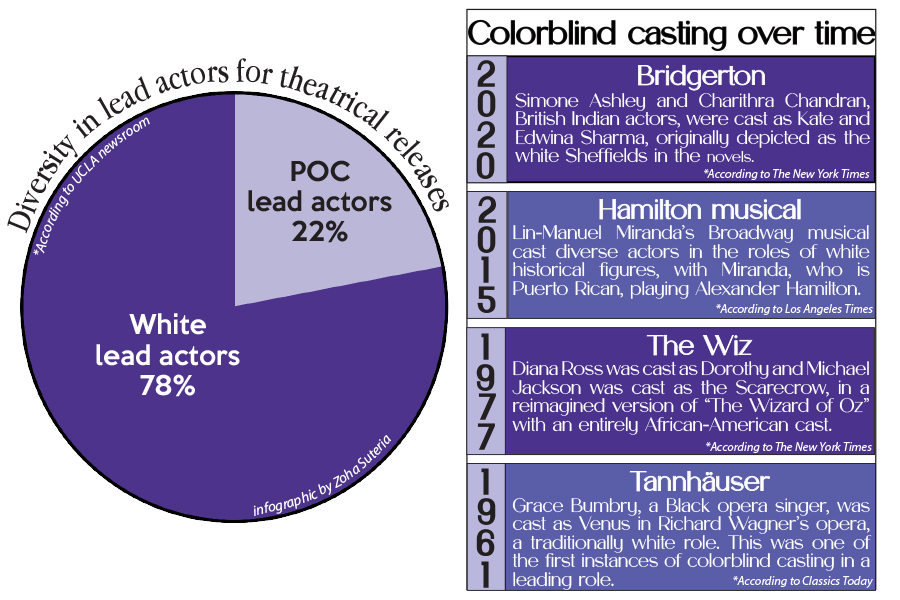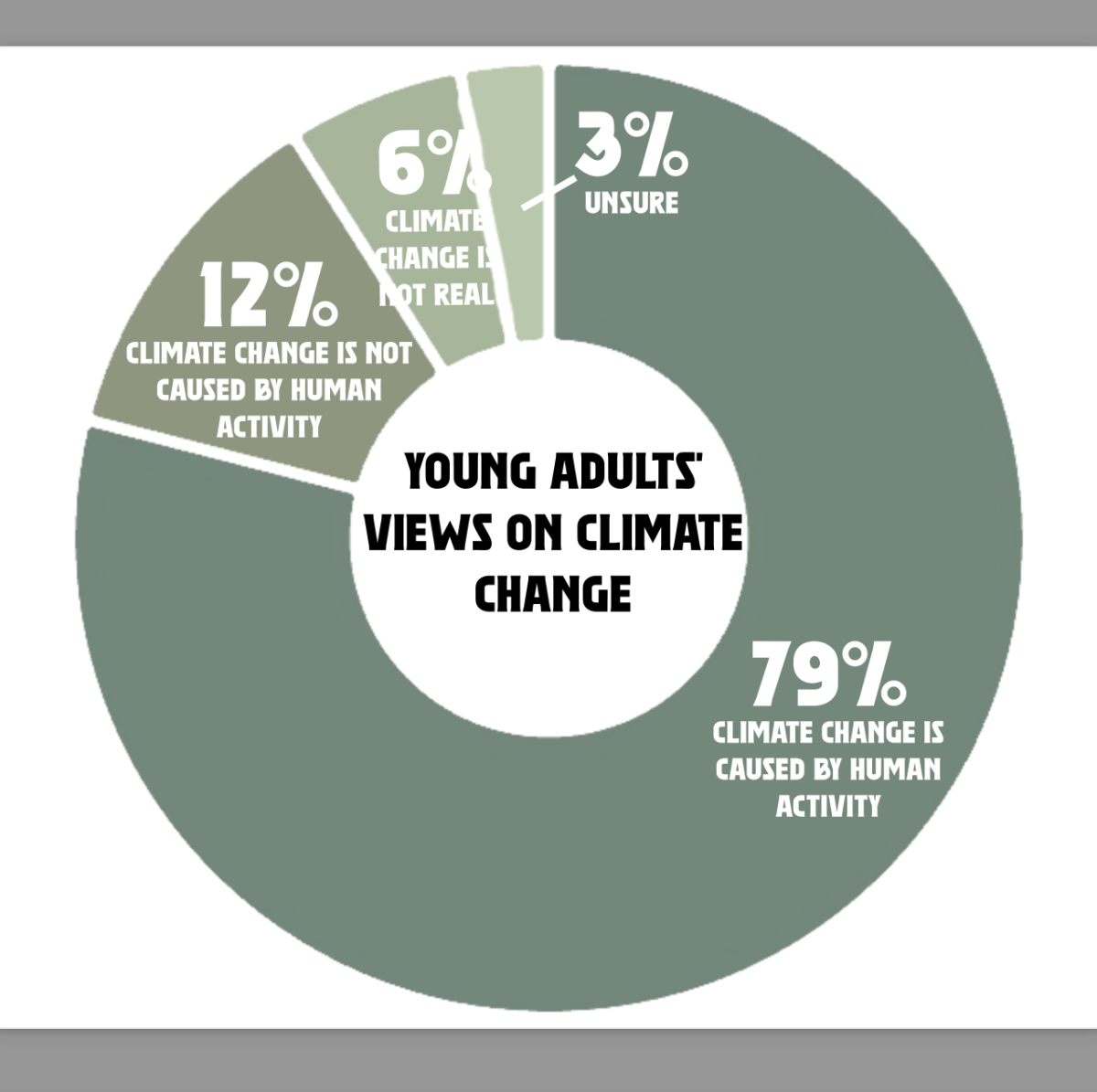Fields of evergreens, dark and glistening under a bright blue sky, sandwiched between two cliffs spread with a thick layer of bright white snow. Birds chirp in the background, their calls bright and clear as they shoot out into the wild green wilderness, echoing between the mountainsides until they fade gently into the snow. But, you don’t feel cold. In fact, you don’t feel anything. Because none of it was real.
The Apple Vision Pro, the latest virtual reality headset to hit the market two months ago, promises an immersive, multi-dimensional experience for the mind and body, much like the experience described above. Although updated numbers have not been released, Apple expected to sell 400,000 this year, according to The Wall Street Journal. However, this release feels all too familiar to the countless other major-corporation attempts at trapping their loyal customers in a hyper-consumerist world, such as the Meta Quest.
There are many negative effects of virtual reality, both physically and psychologically. Cybersickness involves a combination of nausea — dizziness, disorientation, and fatigue, symptoms that are directly correlated with extended periods of presence in a virtual environment, according to a study conducted by The National Library of Medicine. The study also found that extended periods of time spent in the virtual realm are directly correlated to dissociative symptoms, such as perceived disconnection from yourself and the environment, also known as derealization.
So, what allures people to take their first steps into the digital unknown? Well, the headsets all promise one thing: connectivity.
The U.S. is trapped in a national epidemic of loneliness, according to The Surgeon General. Now, more than ever, people are struggling with the feeling of being alone and are missing out on crucial social interaction. Twelve percent of Americans report not having any close friends at all, an American Survey article said.
To enhance the feeling of connectivity to the real world through the digital one, the Apple Vision Pro boasts its EyeSight feature, an attribute that allows people outside of the headset to view the user’s eyes, while the user tracks through the mixed-reality media that is projected into their head from the headset.
For other headsets, such as the Meta Quest, it’s about connectivity in the digital world. Users are able to curate their online avatar and presence the way one might in real life too, and then head out into the virtual world and “socialize” with other users.
Both attributes represent a rapid descent into the anti-social reality that the headsets promote and the anti-social culture that is already plaguing American society. They provide the illusion of connectivity, allowing users to believe that the headset will send them springing into a new world that will allow them to leave behind the loneliness that they find in the real one.
What the headsets really promote is escapism, a negative coping strategy that can prevent people from actually improving the circumstances of their lives, a Well Doing article said. Instead of attempting to change their circumstances, people are choosing to hide behind the goggles and try to ignore the deep feelings of depression and loneliness that have captured today’s society.
As we continue to go further into digitized reality, it is important to remain cautious. Instead of blindly accepting what is handed to us, try the goggles on for size, and continue to look at the world through a more critical lens.











